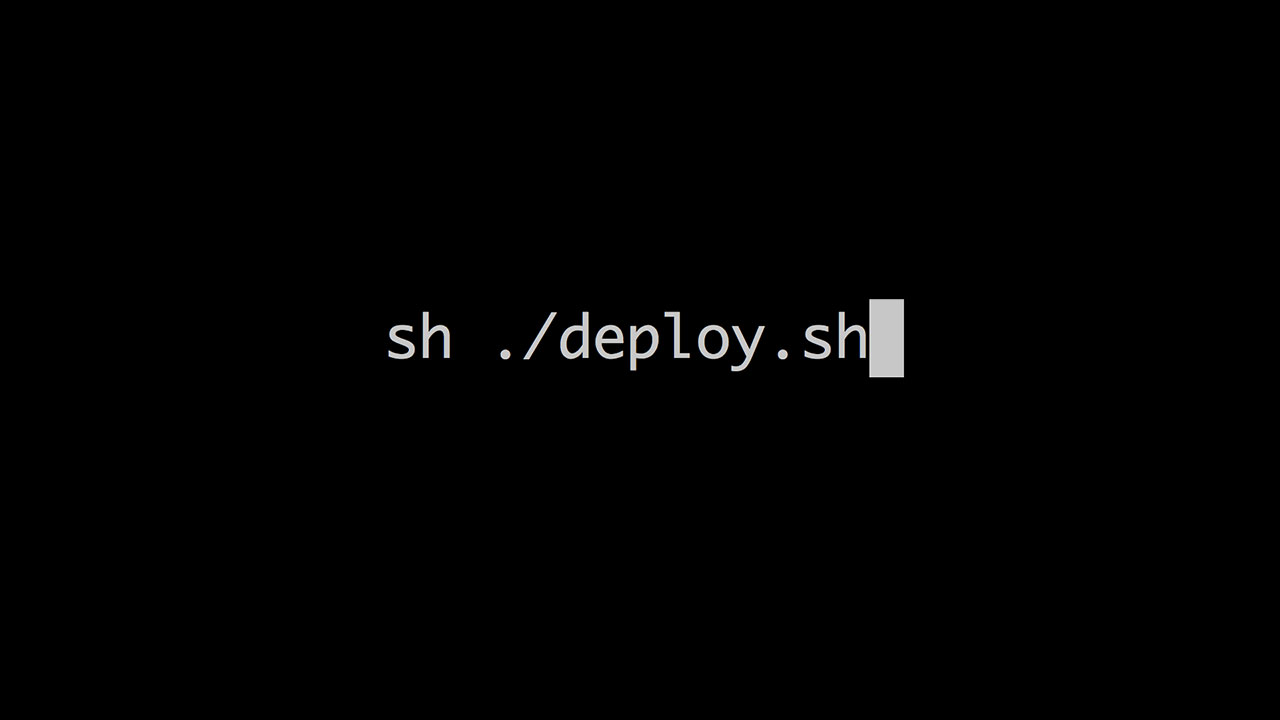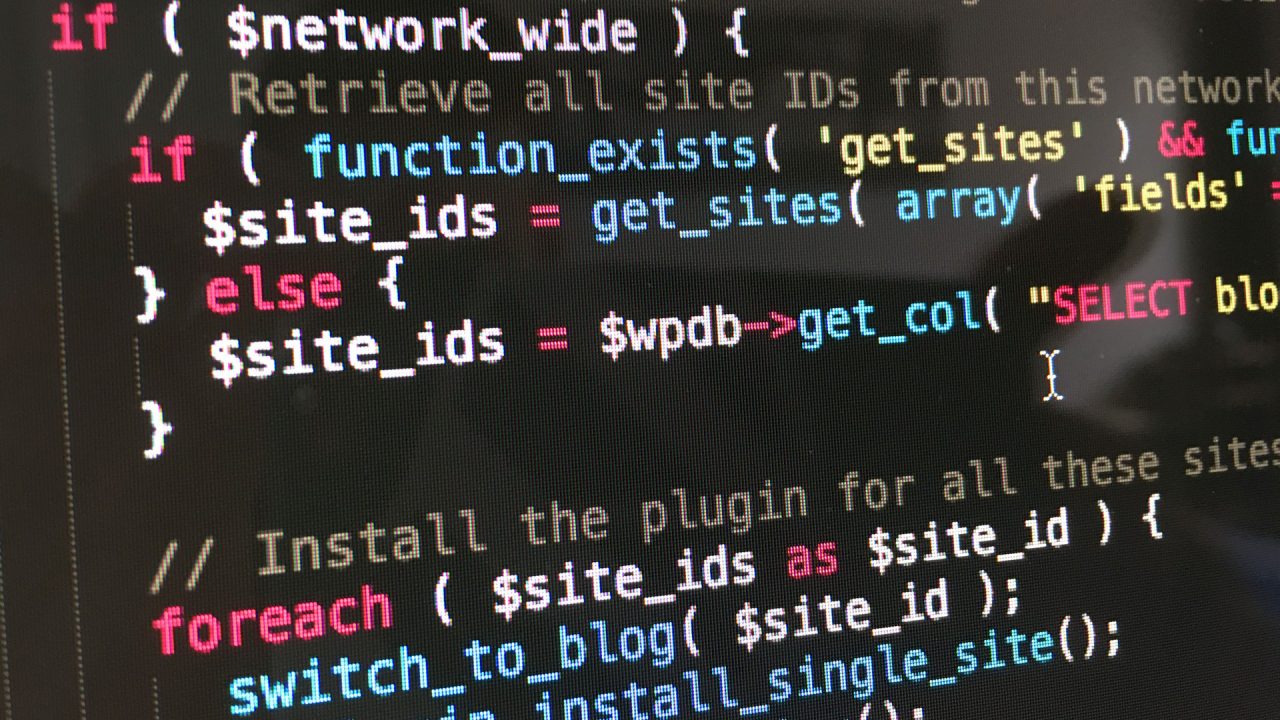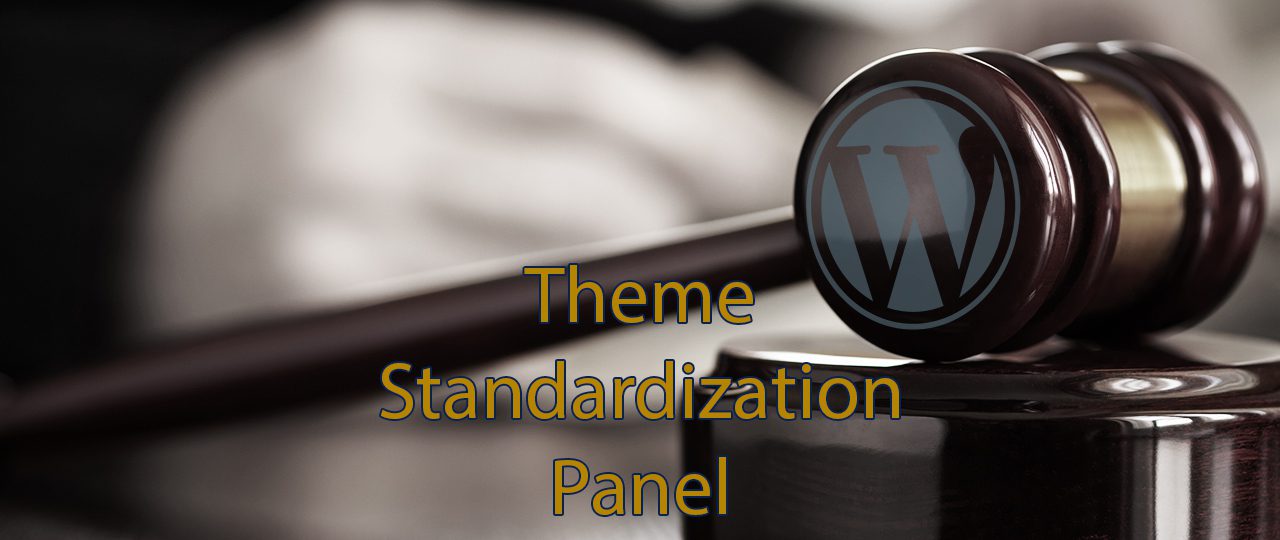This morning I read a very good discussion on the usability of WordPress Core on the Post Status Slack, primarily focussed on the comparison with platforms like Wix (if you’re a member, I highly encourage you to read it). One thing that, once again, struck me was how we have the issue where developer expectations of WordPress vastly differ from user expectations – let me address this in just a bit. For the beginning I would like to quote something Helen Hou-Sandí said during the discussion:
WP does not currently exist as a good piece of software for “building a site”. It’s getting there, and I think the vision’s been there for quite some time, just that this particular dev-oriented audience gets lost in what we want to do with WP and pushes back against features that would move toward said vision in the first place, just because it’s not what we need to do client stuff.







